For the first time ever, scientists have a fast track to reach the UN Secretary-General and policymakers, to advise on range of issues that dominate the global agenda. Twenty-six eminent scientists from 25 nations – including four eminent TWAS fellows – sit on the new U.N. Scientific Advisory Board, which is part of a broader UN strategy to integrate science in international policymaking.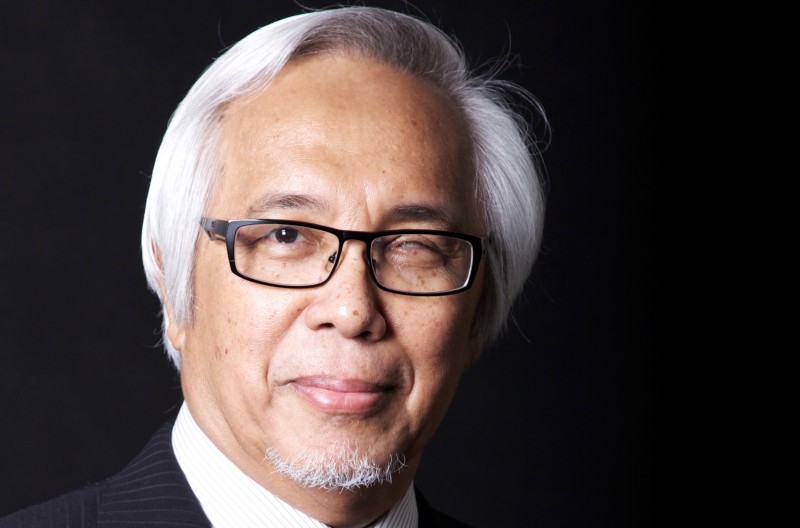
The United Nations’ Secretary-General Ban Ki-moon launched the board during an official meeting held in Berlin this winter, and the board has begun to build momentum.
Board members were chosen because of their scientific accomplishments and vision, regardless of their affiliations or nationality, with the aim of having representatives in all the fields where scientific guidance is needed.
TWAS has a significant presence on the panel: a Nobel laureate from Egypt, and three other scientists from Asia, Latin America and the Arab world, all with experience in both science and diplomacy. The TWAS Fellows named to the panel are:
- Abdallah Daar from Tanzania, professor of public health at the University of Toronto, Canada;
- Brazilian expert of climate Carlos Nobre, a senior scientist at the Brazilian national secretary for R&D policies;
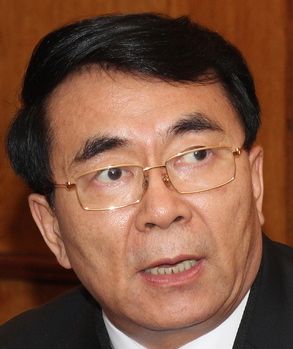
- Malaysian scientist Abdul Hamid Zakri, science advisor to the Prime Minister of Malaysia and chair of the Intergovernmental Platform on Biodiversity and Ecosystem Services (IPBES);
- Ahmed Zewail, from Egypt, a Nobel laureate in chemistry, Linus Pauling professor of chemistry and physics and director of the Center for Physical Biology at the California Institute of Technology.
“What is potentially promising about this organism is the fact that, for the first time in the history of the United Nations, the scientific community has a direct line to the Secretary-General,” said Zakri, professor emeritus at the National University of Malaysia (2004), already a co-chair of the Millennium Ecosystem Assessment (2001-2005) and the founding chair of the Intergovernmental Science-Policy Platform of Biodiversity and Ecosystem Services. “This has never happened before. We are given the opportunity to make a difference and we should not squander this opportunity.”
TWAS President Bai Chunli, who also serves as president of the Chinese Academy of Sciences, expressed strong support for the new UN advisory board. It “reflects a recognition that many of the challenges facing humanity today are global challenges in which science should play a constructive role," Bai said. "This board will have a great influence in the developing world, and we look forward to a close working relationship with our TWAS colleagues and other members of the board."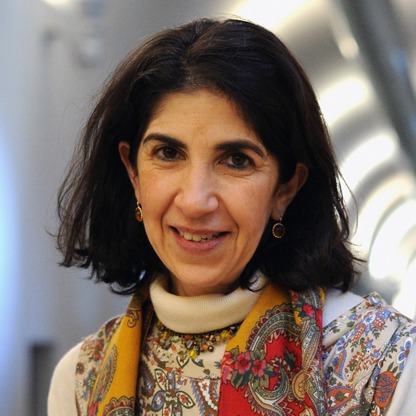
Both genders are equally represented in the panel, which counts leading experts in nature conservation, public health, engineering, energy, agronomy and other fields. Among the other illustrious members are: Italian physicist Fabiola Gianotti from the European Organization for Nuclear Research (CERN, Geneva, Switzerland), considered one of the discoverers of the Higgs boson; Nigerian Wole Soboyejo, president of the African University of Science and Technology (AUST); Judi Wakhungu, from Kenya, a professor of energy resources management and also first cabinet secretary at the ministry of environment, water and natural resources; and Susan Avery, president and director of the Woods Hole Oceanographic Institution (United States).
Members of the Scientific Advisory Board will meet twice a year to address current business and to plan the work ahead. Between these two annual meetings, however, the scientists will team up in sub-groups to address topics of global interest and draft documents to be delivered to the UN Secretary-General. UNESCO will host the board and its staff, and the board will be chaired by UNESCO Director-General Irina Bokova.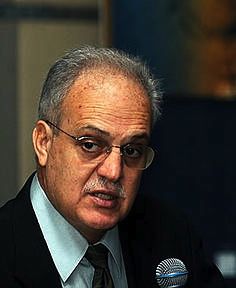
“We are a scientific advisory board of the UN Secretary-General," underlines Gianotti. “Our task is to provide the UN Secretary-General with proper inputs and suggestions on how science, technology and innovation may propel sustainable development, and help solve urgent problems that need scientific competences.”
Board members will devise strategies to shape international policies and provide rigorous scientific data on global issues. Their intervention with policy makers will be critical, especially when it comes to spot knowledge gaps that, if properly addressed, might reshape the life of societies at the local, regional and national levels.
Zakri, an expert in genetics as well as in conservation of biological diversity, suggested that the panel should first identify a number of short-term goals that the UN should focus on, from 2015 onwards, after the Millennium Development Goals have expired. His wide experience as a technical advisor to many negotiating teams of his country, involved in delicate environment-related multilateral talks during the 1990s and the first decade of this century, makes his presence an added value to the whole board.
“The board represents a golden chance for the scientific community to be heard at the highest level of global governance," Zakri said, "and being directly answerable to the Secretary-General is a heavy and  challenging responsibility.”
challenging responsibility.”
“The scientific community had been asking to be heard by policymakers and political leaders as early as the issue of sustainable development had been brought up-front in global debates," he added. "The establishment of the UN scientific board is essentially a response to this incessant request.”
Addressing global problems such as water, energy, health, agriculture and biodiversity is a particularly acute challenge, often posing life-and-death challenges for millions people globally who live in extreme poverty and lack the basics for survival.
An authoritative opinion on nature conservation and sustainable development comes from Nobre, a former chair of the International Geosphere-Biosphere Programme. Nobre, a Brazilian academic, is also the executive secretary of the Brazilian Research Network on Global Climate Change (Rede CLIMA), and a leading voice who coordinated the scientific discussions before the UN’s Rio+20 summit two years ago.
His advice will certainly make a difference in addressing complex systems such as the Earth, and in providing indications for new modeling studies. “There is a serious misplaced psychological barrier to be overcome in considering, for example, the issue of climate change," he said in an interview. "But the truth is that transition to a sustainable economy is not as costly or difficult as is it perceived. Therefore, education for sustainability becomes as important an element for the global transformation need as implementation of green technologies,” he observed.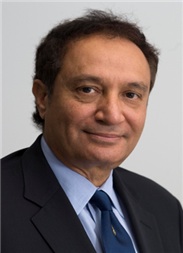
Regarding his role in the board, he added: “I am a climate scientist and I hope to bring forth the urgency of global action to mitigate and adapt to unavoidable climate change. However, the stalemate in climate negotiations is due to institutional inertia and not lack of climate science.”
Words of praise for the scientific board and its role came also from TWAS member and Caltech Nobelist Ahmed Zewail, who defined the board “… an excellent platform for an outreach to all the nations.” Zewail, who was awarded the Nobel Prize in chemistry in 1999, is the director of the center for physical biology at Caltech, and his appointment to the new board reflects his long-standing experience and passion in global affairs related to science, education and peace.
Abdallah Daar, the fourth TWAS member on the scientific board, is an immunologist for the University Health Network, and a professor of public health sciences and of surgery at the University of Toronto. His major field of interest, however, is clinical medicine, bioethics and global health. He has vast experience in the interface between science and policy, which he hopes to employ in his new post.
Since the board was created to advise the UN Secretary-General and agencies, “…we will not be shy to say what needs to be said, if it will help improve the human condition through science,” Daar stated. “Medicine and global public health are characterized by well-recognized needs and consensus on the priorities. It is in the implementation and resourcing of these priorities that differences sometimes arise.”
The board will have to consider that differences exist in habits, usage and perception of the medical science. And it will need to cope with the urge to fight various diseases versus the importance of investing time and money to build or strengthen the scientific background in developing countries.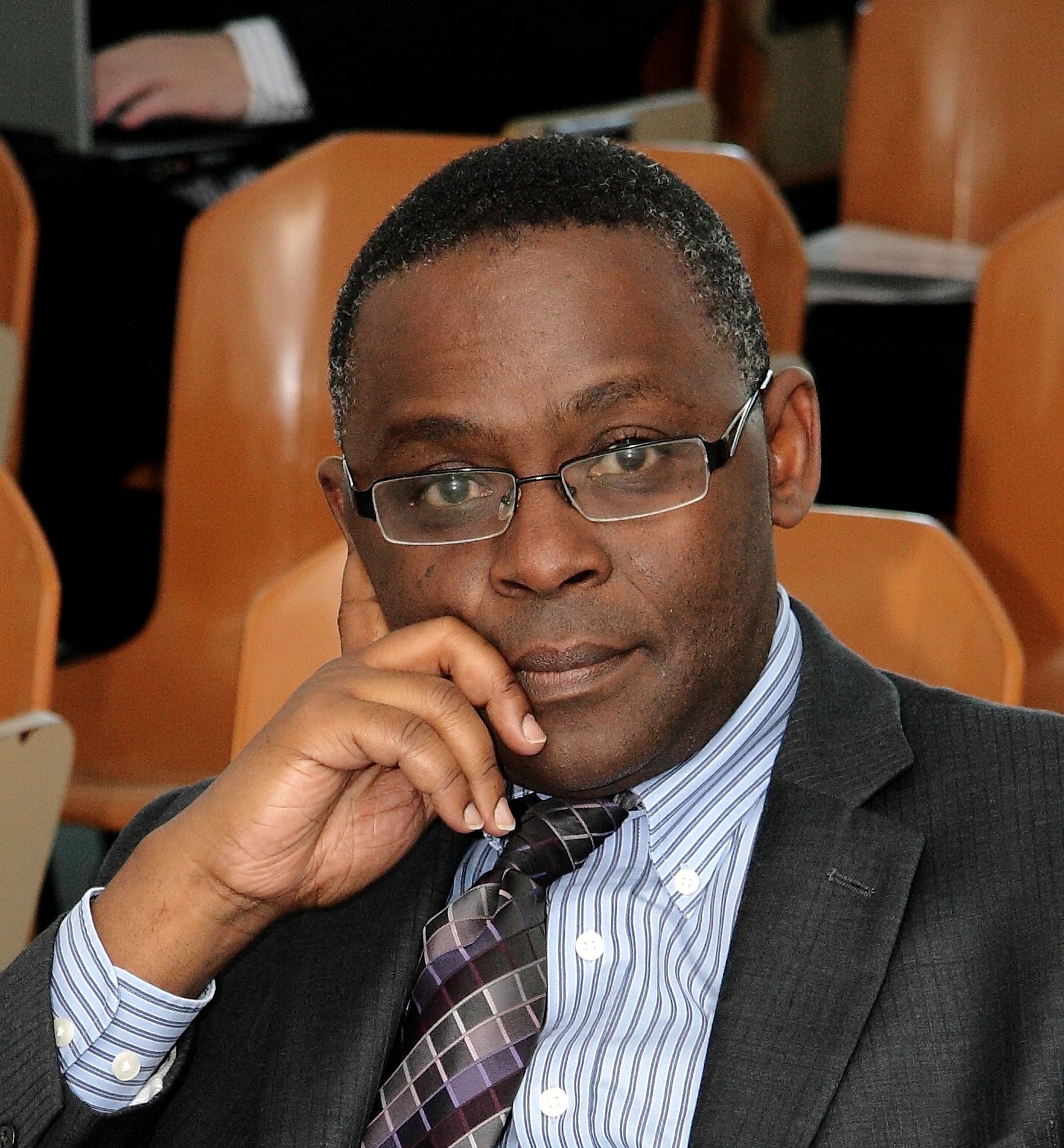
“With complex issues like these, it is not just one thing at a time that needs attention, it is usually many things together," Daar said. "Primarily it is about building better health care systems, introducing things like universal health coverage, proper resourcing, etc. But again, to implement all these, you need evidence, and that is where science comes in. “The complexity of sustainable development challenges – from water management, natural risks, and climate change and their social consequences – calls for all sciences to be mobilized, to inform, strengthen and develop more efficient policies, in response to the needs of societies,” declared Ban Ki-moon before the Board’s inaugural meeting in Berlin on 30 and 31 January 2014.
With a dense agenda focused on the importance of effective communication and other issues, the board members have drafted a first programme aimed at taking steps towards sustainable development goals beyond 2015. Their work will be instrumental to progress the well-being not just for developing countries, but also for the whole world.
"The Scientific Advisory Board is a very important new body with a significant set of responsibilities," said Romain Murenzi, the executive director of TWAS. "It reflects very well on TWAS's elected membership that four of our members have been appointed to this panel. Our Academy looks forward to working with the board and to supporting its work however we can."
Cristina Serra

